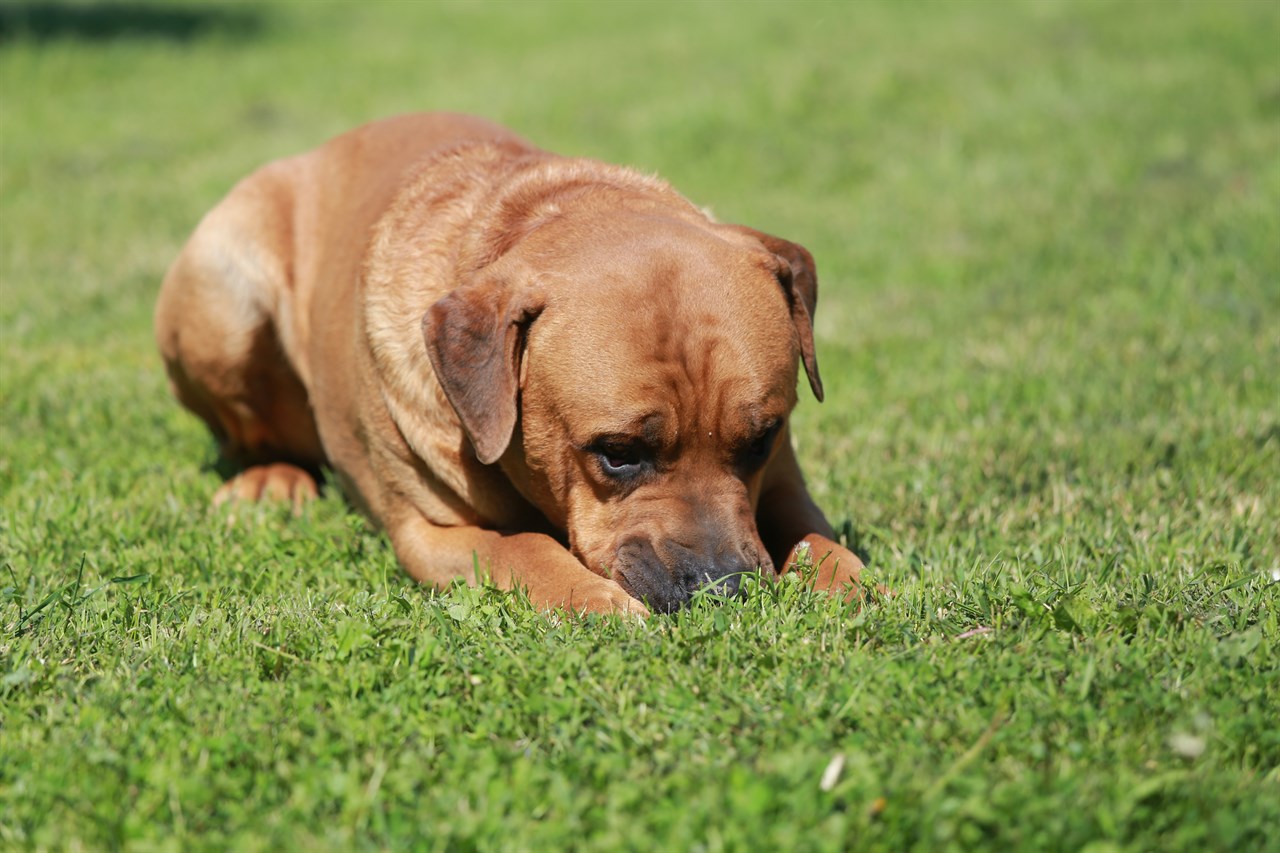Sleeping Requirements and Habits of the Tosa Inu

The Tosa Inu, known for its calm and composed demeanour, has sleeping requirements and habits that are typical of many large and laid-back dog breeds. Understanding their sleep needs and patterns is essential for ensuring their comfort and overall well-being. Here's a closer look at the sleeping requirements and habits of the Tosa Inu.
Sleep Duration
Tosa Inus are not particularly high-energy dogs, and they tend to enjoy lounging and resting. Like most dogs, they require a substantial amount of sleep to rejuvenate their bodies and minds. On average, adult Tosa Inus can sleep anywhere from 12 to 14 hours a day, although individual variations may occur based on factors such as age, activity level, and health.
Quiet and Comfortable Space
Tosa Inus appreciate a quiet and comfortable space for sleeping. Providing them with a designated sleeping area, such as a comfortable dog bed or crate, can help create a sense of security and promote restful sleep. Keep their sleeping space clean and cosy, ensuring it's away from draughts or extreme temperatures.
Evening Routine
Establishing a consistent evening routine can help signal to your Tosa Inu that it's time to wind down and prepare for sleep. This routine might include a short walk or play session, followed by a chance to relieve themselves before bedtime.
Nap Frequency
Tosa Inus are known for taking short naps throughout the day. These power naps allow them to rest and recharge in between periods of activity. It's common to find them dozing off during the day, especially if they've had some exercise or mental stimulation.
Adaptation to Your Schedule
Tosa Inus are adaptable and can adjust their sleep patterns to match your daily routine. They tend to be flexible in terms of when they sleep, so they can fit into various lifestyles, whether you work during the day or have a more irregular schedule.
Senior Dog Sleep Patterns
As Tosa Inus age, their sleep patterns may change. Older dogs often require more rest and may experience more frequent napping. It's important to provide them with a soft and supportive sleeping surface to accommodate any joint stiffness that may come with age.
Sleep Quality
The quality of your Tosa Inu's sleep is crucial for their overall health. To ensure they get the best sleep possible, maintain a consistent routine, provide a comfortable sleeping area, and create a peaceful environment free from disturbances or loud noises.
Health Considerations
Changes in your Tosa Inu's sleep patterns, such as excessive lethargy, restlessness, or difficulty falling asleep, could be indicators of underlying health issues. If you notice significant changes in their sleeping habits, consult your veterinarian for a thorough examination.
Conclusion
Tosa Inus have moderate sleeping requirements and tend to adapt their sleep patterns to match their owner's lifestyle. Providing a comfortable and quiet sleeping space, maintaining a consistent routine, and monitoring their sleep quality are essential for ensuring their well-being. Understanding their need for rest and relaxation is key to fostering a healthy and happy Tosa Inu throughout their life.